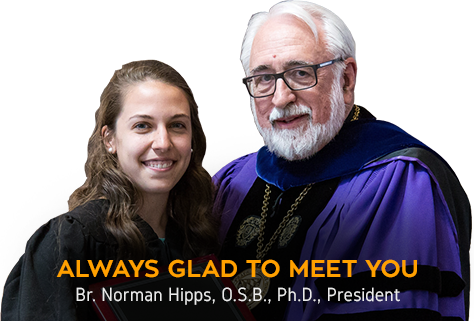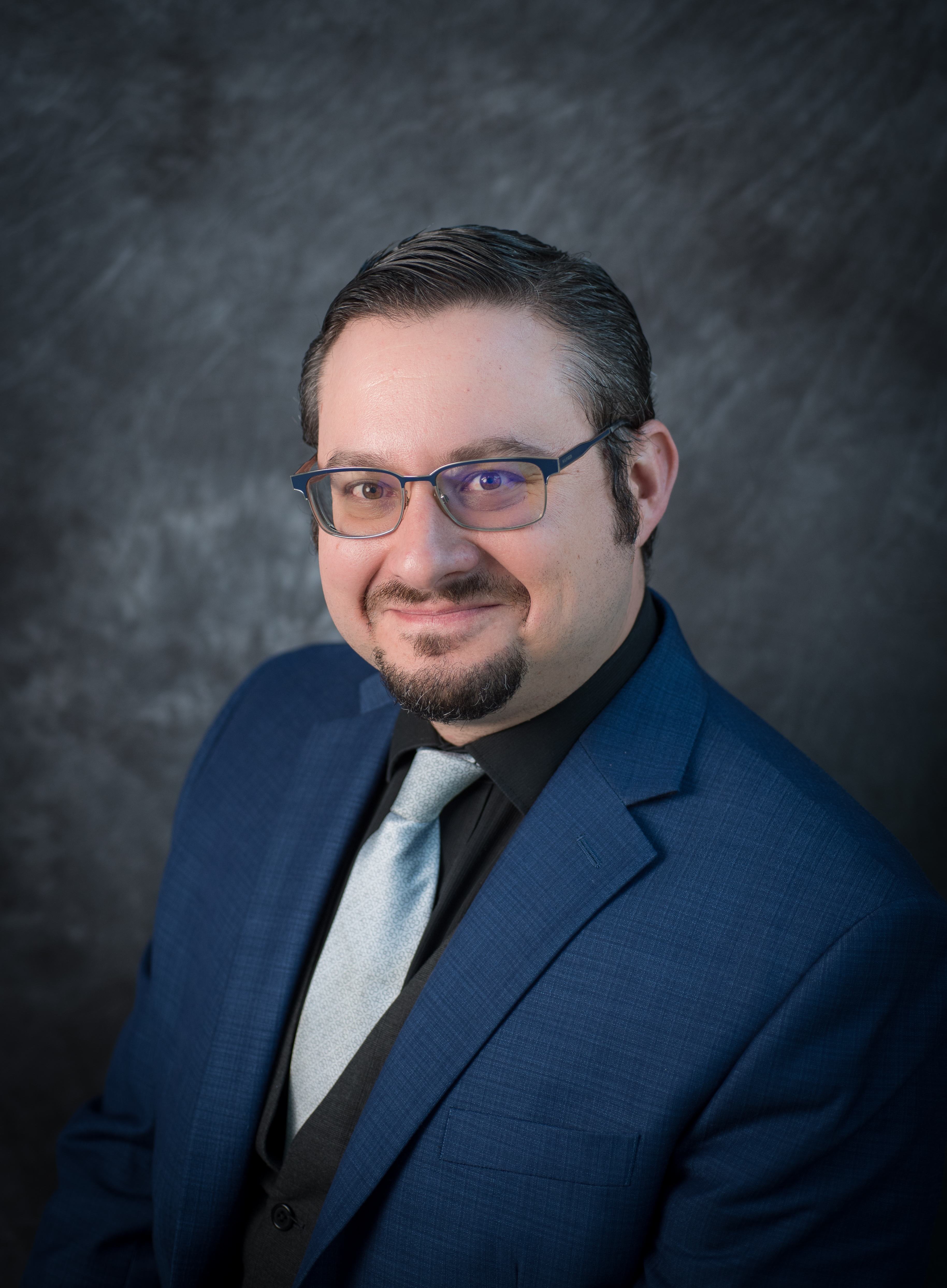Most Ph.D. programs require that doctoral candidates pass a comprehensive exam prior to writing their dissertation. Ph.D. stands for “doctor of philosophy” and the “philosophy” that the doctoral candidate studies is typically the viewpoint of a particular specific academic discipline. In my case, I studied the “philosophy” of the management and organizational behavior (with concentrations in human resources and communication) academic disciplines at the University of Cincinnati. In my program, our comprehensive exams were structured like this: students chose to answer one of two questions in a secondary sub-field within management and two of three questions in their primary area of study within management. Students had four hours to answer each question and this portion of the exam took two days. Mid-week, students had a day break before being given a 48-hour portion of the exam where they had to evaluate a piece of research from their primary field, analyze the major findings, articulate what was well-done about the research and suggest what could be improved upon.
 The process was grueling – it was meant to prepare students to answer any question possible within their field of study. While studying for this exam, I remember waking up in the morning and studying from my tiny apartment for hours on end. On one occasion, when I looked out the window it was dark already. I had spent all day studying and now it was nighttime! Many Ph.D.s who have gone through a similar process report feeling isolated and disconnected from others while studying. I felt exactly the same way.
The process was grueling – it was meant to prepare students to answer any question possible within their field of study. While studying for this exam, I remember waking up in the morning and studying from my tiny apartment for hours on end. On one occasion, when I looked out the window it was dark already. I had spent all day studying and now it was nighttime! Many Ph.D.s who have gone through a similar process report feeling isolated and disconnected from others while studying. I felt exactly the same way.
So, as you can imagine, I was relieved when I passed. I thought I’d never have to take an exam again. Was I wrong!
Fast forward seven years later and here I am teaching at Saint Vincent College. I view my role as a teacher and researcher to try to portray the most accurate and current pieces of knowledge in ways that are understandable to those in my classes or who read my writing. Therefore, I view the role of the professor to be one of lifelong learning and always remaining current in one’s field.
Over the past several months, as I’ve considered ways to continue learning, I identified two bodies of knowledge that I might consider. The first was an area of continuous improvement that is more statistically-oriented in nature than my previous training had been: Six Sigma (unlike my prior academic training, our undergraduate and graduate operational excellence students, however, benefit from having these concepts taught in their programs at Saint Vincent). The second was best practices suggested by the Society for Human Resource Management, the most widely recognized professional organization for the human resources field.
I began studying materials related to both of these bodies of knowledge. As there were certifications that would highlight proficiency in these areas, I decided that I might as well take their respective exams (the Green Belt certification for Six Sigma and the SHRM-CP for the Society for Human Resource Management) to test what I had learned.
I began studying in earnest for my green belt last spring and passed the exam somewhat easily – it was not as difficult as I thought it would be. My SHRM exam, however, was a different story. Starting in August 2017, I had studied at least a half hour (usually more) each day through February 2018. I even took a course on the material in Alexandria, Virginia, over Christmas break. The exam was grueling (though, less grueling than my comprehensive exam) and I was thrilled to learn that I passed this exam when I took it in February.
I’m relating these experiences for two reasons. The first is for students. I feel your pain when it comes to studying. Taking tests can be difficult. They challenge us to be confident on material that might be new to us. They, in essence, demand that we report all we know on a certain topic to someone who will evaluate us on our aptitude. Often, the possibility of negative feedback on our knowledge can be intimidating and uncomfortable. Yet, the payoff is so sweet – to pass an exam that you have studied well for is an amazing feeling of accomplishment. So, I advocate to students: study and prepare as hard as you can. Yes, doing so might be unpleasant but the outcomes will be worth it – not only will you have passed the exam, but you will also have grown in important knowledge..jpg?width=418&name=30826473764_edd75c4991_o%20(1).jpg)
The second reason I am relating my experiences is because I advocate that we all become lifelong learners. As a professor, I hope that I continue to seek out learning opportunities to improve my proficiency as a presenter and researcher. I can already see how studying for the Six Sigma Green Belt and SHRM-CP exams has improved my teaching and research in several ways. While I hope to not take any additional exams in the near future, I do have a stack of books and articles that I am hoping to read to continue learning. I am constantly adding to the list. Sometimes, the idea of always learning seems daunting – I’m never going to know everything, learning will never stop and there’s always something new to explore! Yet, it’s important for each of us on our process of continuous personal improvement to always seek new knowledge. I especially suggest seeking out new areas of knowledge outside of your current comfort zone. Explore ideas outside the realm of what you’re comfortable with or what you’ve already been exposed to in order to both challenge your current way of thinking and to add depth to what you already know. You might be surprised by what you learn.
What do you think about lifelong learning? Have you ever taken any exam that was extremely challenging and were impacted in some way (either positively or negatively) by your results? I’m interested to hear about your experiences. Share with me at michael.urick@stvincent.edu or on social media (www.facebook.com/urickmj and www.linkedin.com/pub/michael-urick/a3/775/5b/).
Dr. Mike Urick


 中国学生
中国学生 Estudiantes
Estudiantes




